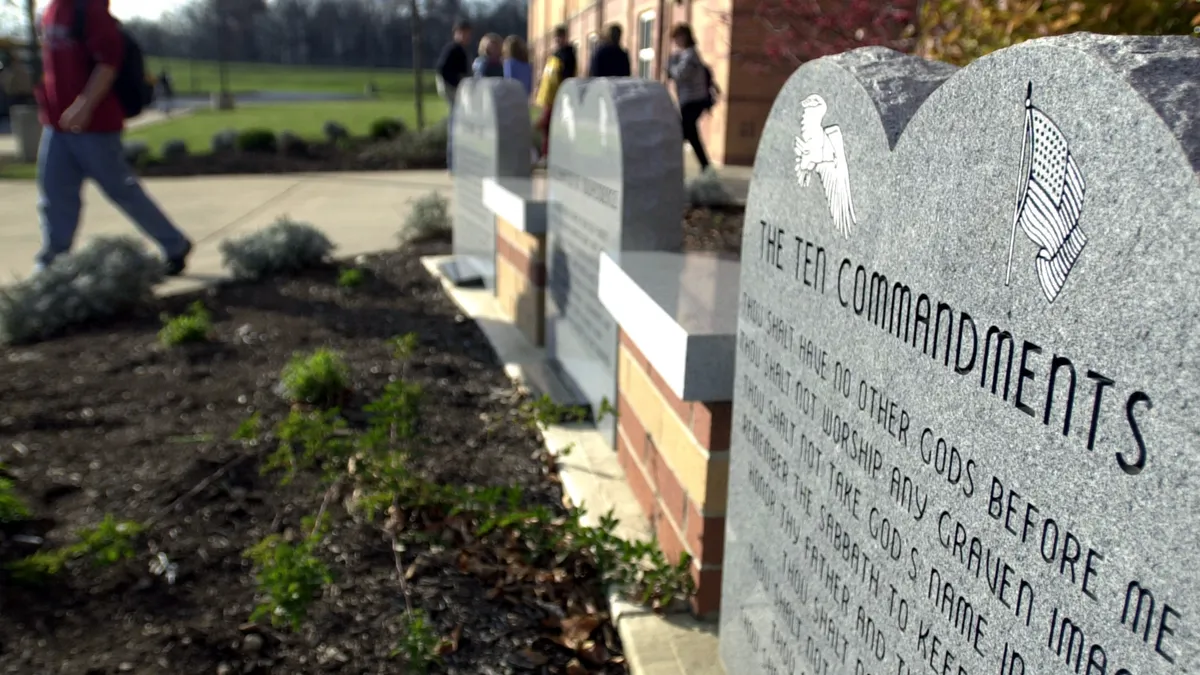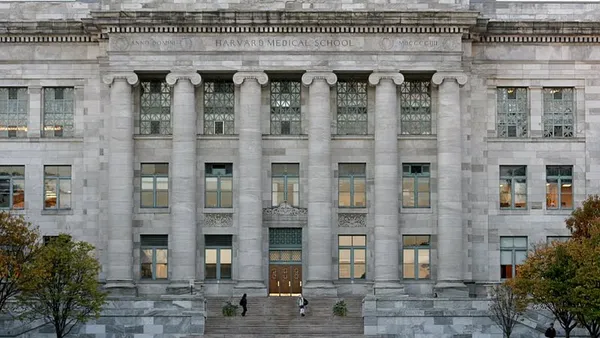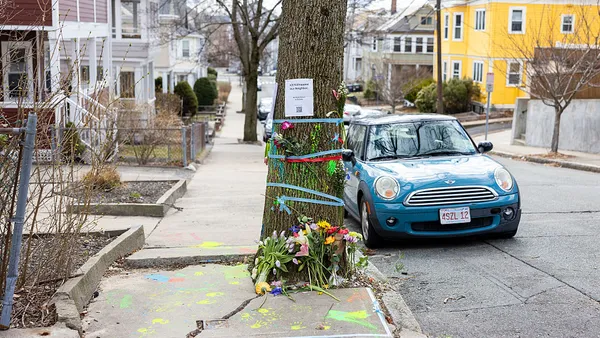Dive Brief:
-
Louisiana public schools and colleges do not have to immediately begin implementing a new state law requiring posting of the Ten Commandments in every classroom by Jan. 1, after a federal court order filed Monday made state education agency leaders take a temporary step back.
-
The order approves an agreement between parties in an ongoing case filed in June challenging the law. Under the agreement, implementation could not begin before Nov. 15 at the earliest.
-
The lawsuit, filed by the American Civil Liberties Union and other civil rights advocacy organizations against Louisiana State Superintendent Cade Brumley and the state's Board of Education, seeks to temporarily and then permanently block the law from taking effect.
Dive Insight:
“The Ten Commandments law is not 'paused,' 'blocked,' or 'halted,'" said Louisiana Attorney General Liz Murrill in a social media post about the agreement. "No posters are going up before November 15 because certain legal actions take time, specifically publishing rules through BESE [Louisiana State Board of Elementary and Secondary Education], in addition to creating the posters."
The law still kicks in at the beginning of next calendar year, Murrill said.
The ACLU last month called the law "a disturbing abuse of power by state officials." “Louisiana law requires children to attend school so they can be educated, not evangelized," said Heather Weaver, senior staff attorney for the ACLU’s Program on Freedom of Religion and Belief, in a statement.
According to the 1-page agreement approved by U.S. District Court for the Middle District of Louisiana, the state education board will not issue any regulations to implement the law before Nov. 15.
The First Amendment lawsuit filed June 24 on behalf Christian, Jewish and nonreligious parents and their children attending public schools, Roake v. Brumley claims the law violates their rights to raise their children according to their beliefs and would coerce students to follow the Ten Commandments.
A case making similar claims reached the U.S. Supreme Court just a few years ago. The justices, in that 2022 ruling, decided against a Washington state school district that fired a high school football coach after he prayed on school grounds, including with students.
In that case, a majority of justices said in a 6-3 decision that football coach Joseph Kennedy's prayer on the 50-yard line after his team's games did "not come close to crossing any line one might imagine separated protective private expression from impermissible government coercion." Ruling in Kennedy v. Bremerton School District, the high court said the district that fired Kennedy could not prove the coach had directly coerced students into prayer.
However, dissenting justices wrote that the court failed "to acknowledge the unique pressures faced by students when participating in school-sponsored activities."
A separate 1980 Supreme Court case, Stone v. Graham over a Kentucky law similar to Louisiana's, led to a 5-4 decision requiring classrooms to display the Ten Commandments was unconstitutional because the religious text had "no secular legislative purpose" and was "plainly religious in nature."
No law like Louisiana's has been implemented in more than four decades, according to ACLU's Louisiana chapter.













